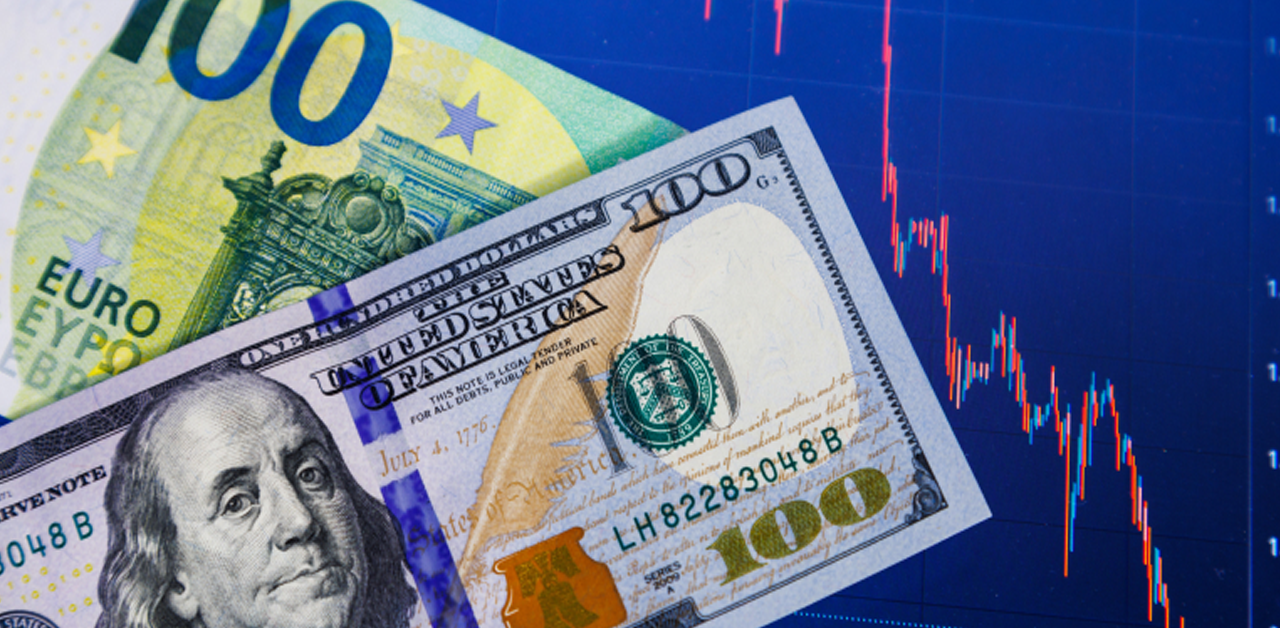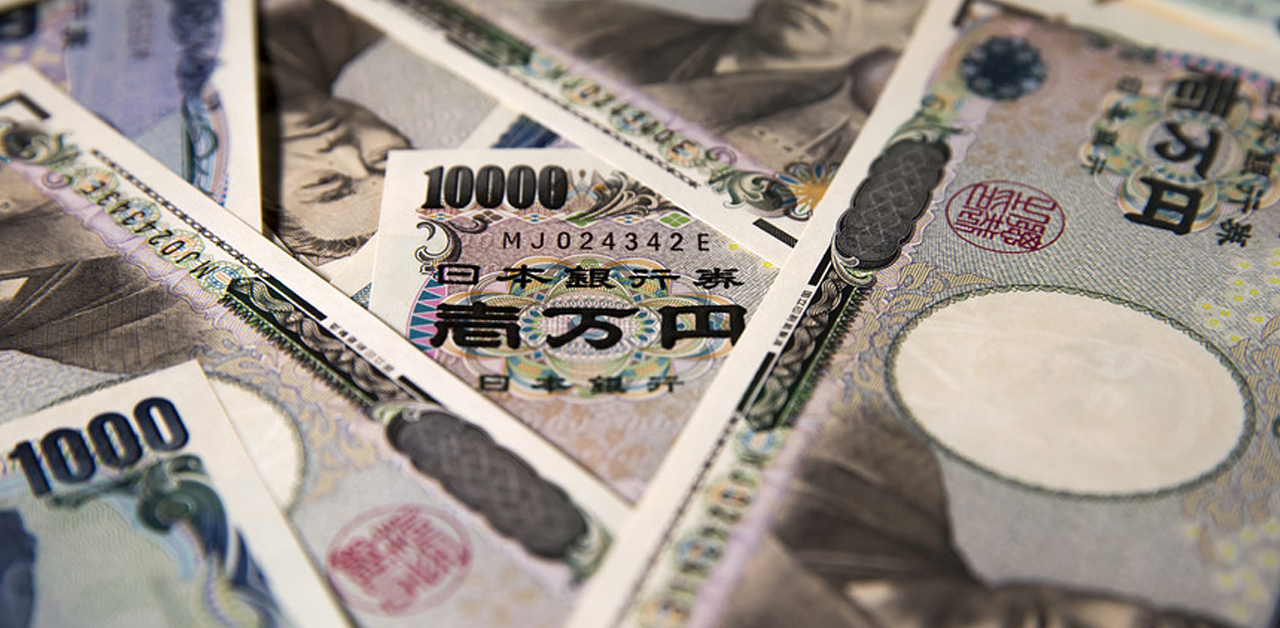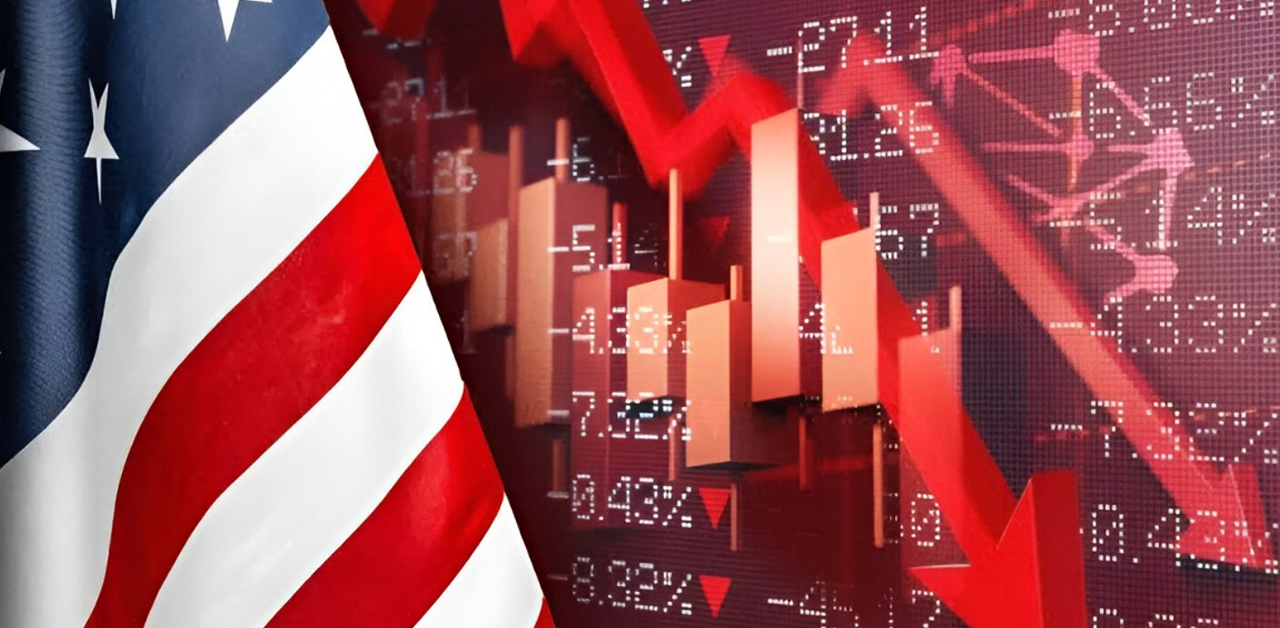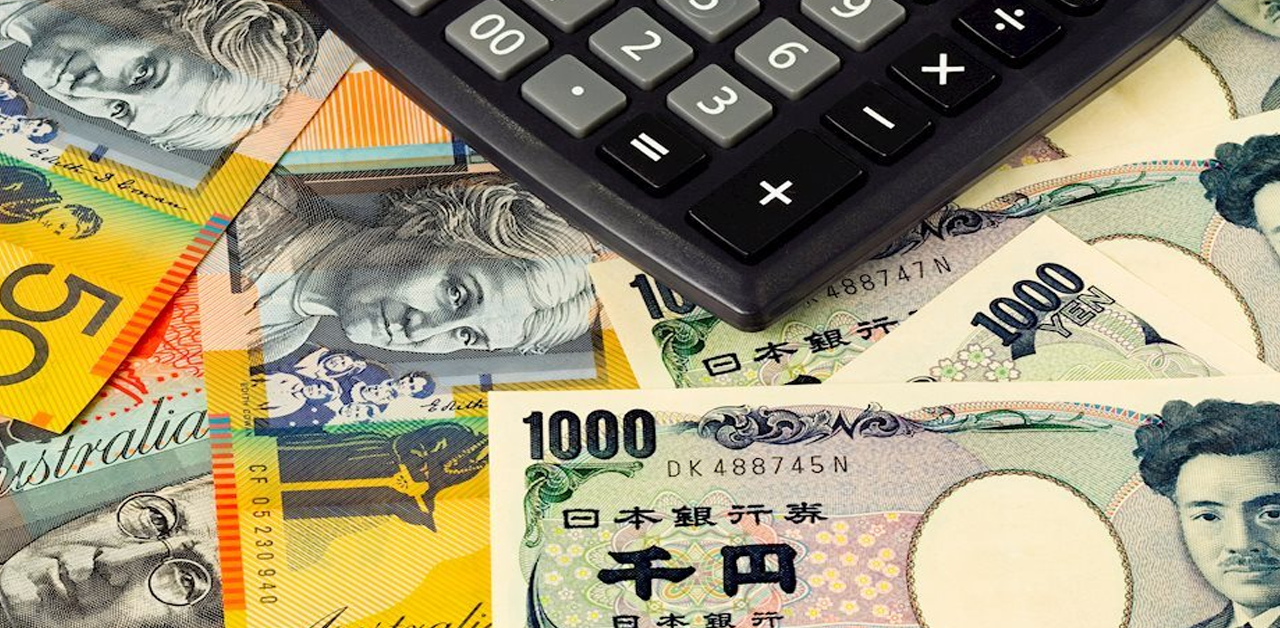GBP/USD struggles to surpass 1.2450, upside seems favored despite hawkish Fed bets improve
The GBP/USD pair has witnessed delicate barricades after climbing to near 1.2450 in the early European session. The Cable is expected to remain on tenterhooks as the USD Dollar Index (DXY) has attempted a recovery after dropping to near 103.81. More downside for the US Dollar Index (DXY) seems solid as the United States economy is moving towards recession.
S&P500 futures have taken nominal gains in the European session, portraying a mild recovery in the risk appetite of the market participants. US equities witnessed some selling pressure on Monday after the United States Institute of Supply Management (ISM) agency reported weaker-than-anticipated Services PMI data. The demand for US government bonds has retreated. The 10-year US Treasury yields have jumped to near 3.71%.
On Tuesday, US ISM Services PMI managed to dodge the 50.0 threshold that bifurcates expansion from the contraction phase. The Service PMI for May landed lower at 50.3 than the expectation of 51.5. This indicates that the economic indicator has hardly defended the contraction phase and expansion in service activity was extremely mild.
Last week, the US Manufacturing PMI contracted for the seventh straight month. A collaborative impact of contracting factory activity and mildly expanded service activity could push the United States economy into recession. US firms are facing the heat of higher interest rates by the Federal Reserve (Fed) and tight credit conditions by US regional banks, which has led to a decline in their overall productivity.
On the Pound Sterling front, United Kingdom’s households are facing the wrath of high inflation, which has led to a decline in their spending for non-essential items. The British Retail Consortium (BRC) said spending in its members’ stores increased 3.9% in annual terms last month, well above the 1.1% fall a year ago, however, sales were below the 5.2% rise in April, as reported by Reuters.
This might provide some relief to Bank of England (BoE) policymakers from persistence in core inflation due to labor shortages. BoE Governor Andrew Bailey is expected to raise interest rates further in June to bring down extremely stubborn inflation.











